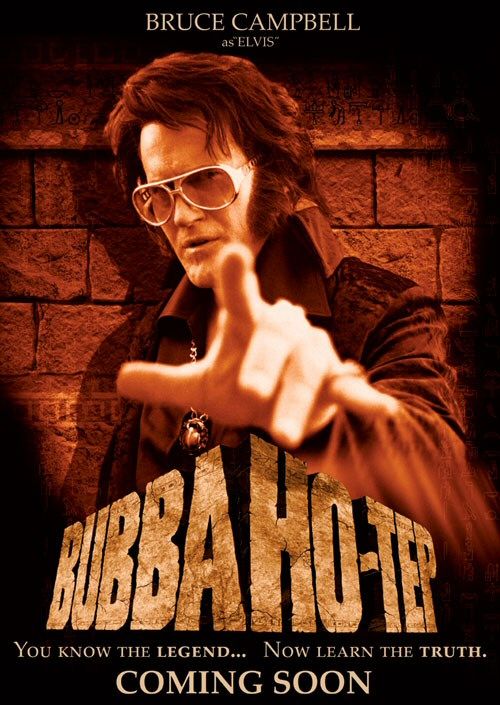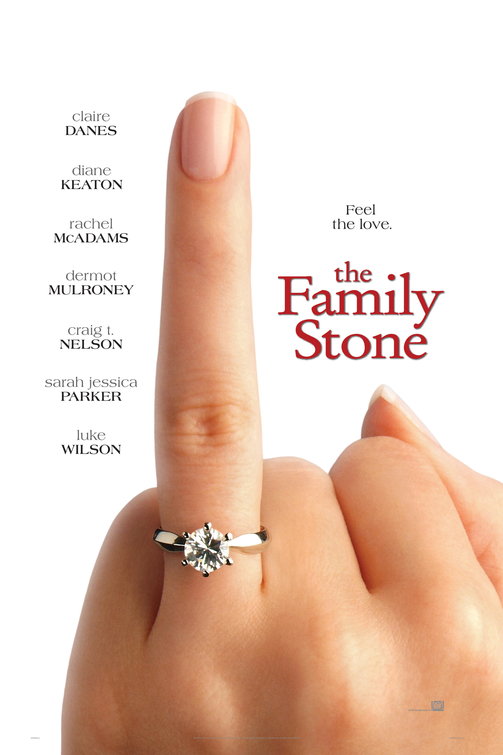
As some of you may know I've been going through a Bruce Lee phase lately and have been trying to get my hands on every movie he's made. Little did I actually realize how big of a deal he was in the Kung-Fu genre of film until I watched "Game of Death." For those of you who don't know much about Bruce Lee, here's a short summary of his life.
Bruce Lee was born in 1940 and lived a short life, dying in 1973 before the release of one of his most celebrated films, "Enter the Dragon." His career as a professional film martial artist, choreographer, producer, and writer included more than 30 different films all contained within the Kung-Fu genre showcasing his own Jeet Kune Do style of martial arts. He died of what appeared to complications in his brain (but this was never confirmed as the cause of death and it remains a mystery still today) while filming his last film "Game of Death," which was later released in 1978 using actual "Game of Death" footage combined with footage using a Bruce Lee stand-in, as well as footage from his previous films. His own unique style of fighting is instantly recognizable for his quick feet and all around fast-paced fighting. His impact on the martial arts genre as a whole is astounding and directors allude to his work all of the time (most recently and most memorable is in the "Kill Bill" movies directed by Quentin Tarantino) and his work will remain important in martial arts film making for many years to come.
To get to the main point, I would like to provide you with some overviews and reviews of the movies that I've watched and how important they are to the martial arts genre, and to the film industry as a whole.
When Lee started making movies he was basically forced to "come into Hollywood through the backdoor" as described by his wife, Linda Emery, in the Bruce Lee documentary by John Little. This means that Hollywood wouldn't allow an Asian man to star in a martial arts film because he wasn't white, even if he was a better fighter. So Lee got to Hollywood through the Hong Kong film scene. He stared in his first martial arts film entitled "The Big Boss" which is centered around a wealthy business smuggling drugs and becoming protective of his operation by killing anybody who discovers his plot, this being all of Bruce Lee's characters family and friends. So Lee goes on a rampage to take on the Big Boss in a climactic fight scene. I rated "The Big Boss" as a 3/5 solely because it was really a classic "B" movie in terms of the incredibly terrible gore and lack of coherent plot line. However, it can be seen that Lee is beginning to develop his own unique fighting style.
Rather than review every single Bruce Lee movie I've watched in the past few weeks (the total being 6), I'll just give all a numerical review of each.
The Big Boss(1971)-3/5
Fist of Fury(1972)-3/5
The Chinese Connection(1972)-4/5
Way of the Dragon(1972)-5/5
Enter the Dragon(1973)-5/5
Game of Death(1978)-2/5
As you can see, throughout Lee's career, his movies became of higher quality and were just generally better, as well as Lee developed his own personal fighting "style" known as Jeet Kune Do (Path of the Intercepting Fist). I say style in quotes because Lee wasn't a severe opponent of fighting styles and proved through is films that his Jeet Kune Do could prevail over any one style, as it combines the extreme power of Gung Fu as well as Lee's own philosophy of defending with offense.
One exception to this was "Game of Death" which I mentioned earlier. I watched "Game of Death" anticipating it to be an excellent piece of work because it was later than any of his other movies. Little did I what "Game of Death" actually was until I looked up Lee's death an the release date. The film was released in 1978, however, Lee died in 1973! After more research I realized that Lee began filming "Game of Death" in 1973, directly after filming "Enter the Dragon", which was Lee's first and last Hollywood film. While in the process of filming Lee died and the film was never finished. However, after his death the Hong Kong production company pulled "Game of Death" out the vault, created a whole new plot, and filmed that plot using a Bruce Lee stand-in as well as excerpts from his previous films. The stand-in pretended to be Bruce Lee in fighting and acting very poorly and the scenes that were used from his previous films were cut in very poorly and the movie had very little cohesive value. The only redeeming factors from this movie were the last 20 minutes of the movie which were the only parts of the original "Game of Death" footage, using the authentic Bruce Lee. This short bit of footage is the best representation of Lee's fighting style and is a wonderful work of martial arts art!
Before Bruce Lee began filming his movies, the movies that were coming out of Hong Kong were really cheesy sword play movies that were completely unrealistic and over-used special effects. Bruce Lee's movies combat this form of film making by using almost no special effects (the only instance I can think of is from "The Big Boss" where fake blood is used) and using authentically choreographed fight scenes that are true to Lee's specific form of fighting (Jeet Kune Do). Lee's style of film making influenced so many great fighting movies to come after it, including most (if not all) of Quentin Tarantino's movies, Chuck Norris films, as well as Robert Rodriguez's films (associated with Tarantino in some cases).
Not only did Lee influence all of these icons in film making, but his influence on modern philosophies between valiant enemies shows through even today. Lee's philosophy was one of respect and equality for all people, including ones enemies. Lee made this apparent in not only his movies (in particular "The Way of the Dragon") but in his publications and journal entries. Lee was an avid reader of many eastern philosophers such Confucius and used these ideas and thoughts in collaboration with his own and applied them to martial arts and life in general. The film industry and the martial arts genre is lucky to have such a man as Bruce Lee. He revolutionized the film industry in his field as well as made an example of how people should treat each other through his movies.
So if you haven't checked out Bruce Lee's philosophies, not to mention his movies, they are a must see!






